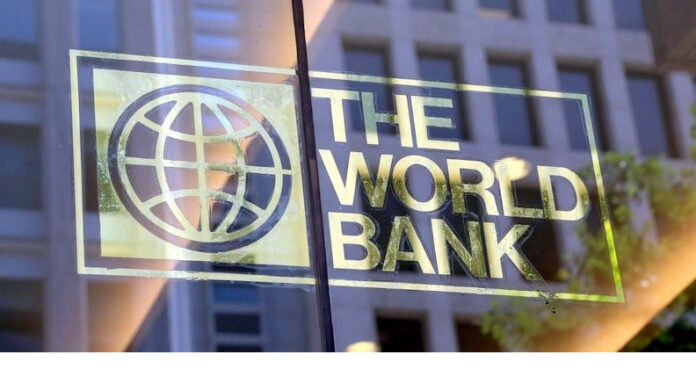The World Bank has approved three concessional financing operations totalling $1.08 billion to enhance education quality, strengthen economic resilience, and improve nutrition in Nigeria.
According to a statement released on the bank’s website. the funds aim to uplift underserved communities by improving educational outcomes, expanding nutrition services, and supporting vulnerable households.
The approved financing includes:
• $500 million for additional funding under the Community Action for Resilience and Economic Stimulus (NG-CARES) Programme
• $80 million for the Accelerating Nutrition Results in Nigeria (ANRIN 2.0) initiative
• $500 million for the Hope for Quality Basic Education for All (HOPE-EDU) project
Originally launched to mitigate the economic effects of the COVID-19 pandemic, the NG-CARES Programme has provided livelihood support, food security services, and grants to over 15 million beneficiaries. With the new funding, the programme will expand to help vulnerable communities cope with economic pressures stemming from the 2023 fuel subsidy removal and foreign exchange rate unification.
The initiative will continue delivering social transfers, labour-intensive public works, livelihood grants, and small-business support, reinforcing its role as a shock-responsive safety net.
The Accelerating Nutrition Results in Nigeria (ANRIN 2.0) programme will enhance maternal and child nutrition by improving access to quality nutrition services. It specifically targets:
• Pregnant women
• Lactating mothers
• Adolescent girls
• Children under five
The initiative aligns with Nigeria’s National Development Plan (2021–2025) and the Multisectoral Plan of Action for Food and Nutrition, emphasizing preventive and curative interventions, improved feeding practices, and access to micronutrient-rich foods. Building on its previous success, the programme has already reached over 13 million children between 2018 and 2024.
The HOPE-EDU project aims to strengthen Nigeria’s basic education system by:
• Improving foundational literacy and numeracy
• Increasing access to quality education
• Strengthening education management systems
The initiative is expected to benefit:
• 29 million public primary school pupils
• 500,000 teachers
• 65,000+ public primary schools
Additionally, the programme will address school overcrowding and ensure a more efficient allocation of education resources. The Global Partnership for Education Fund will contribute an extra $52.18 million to HOPE-EDU’s implementation.

